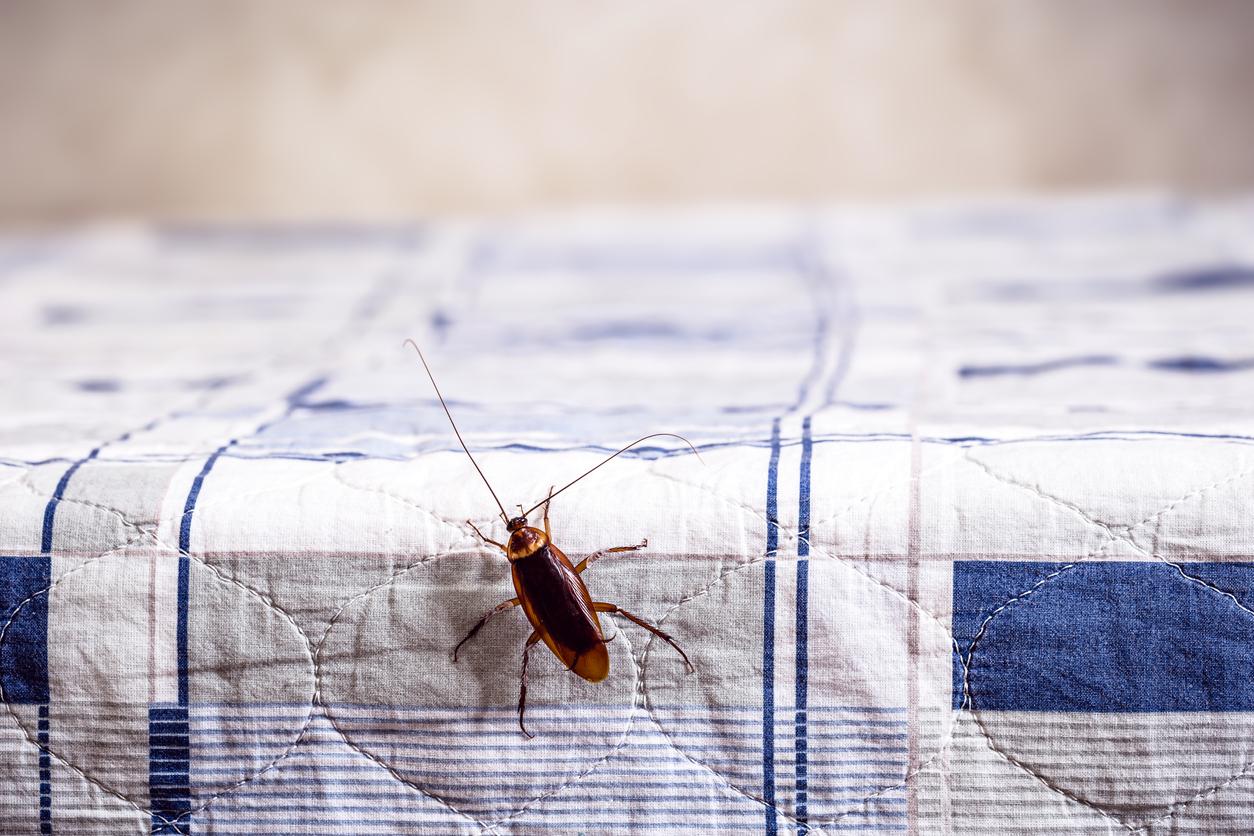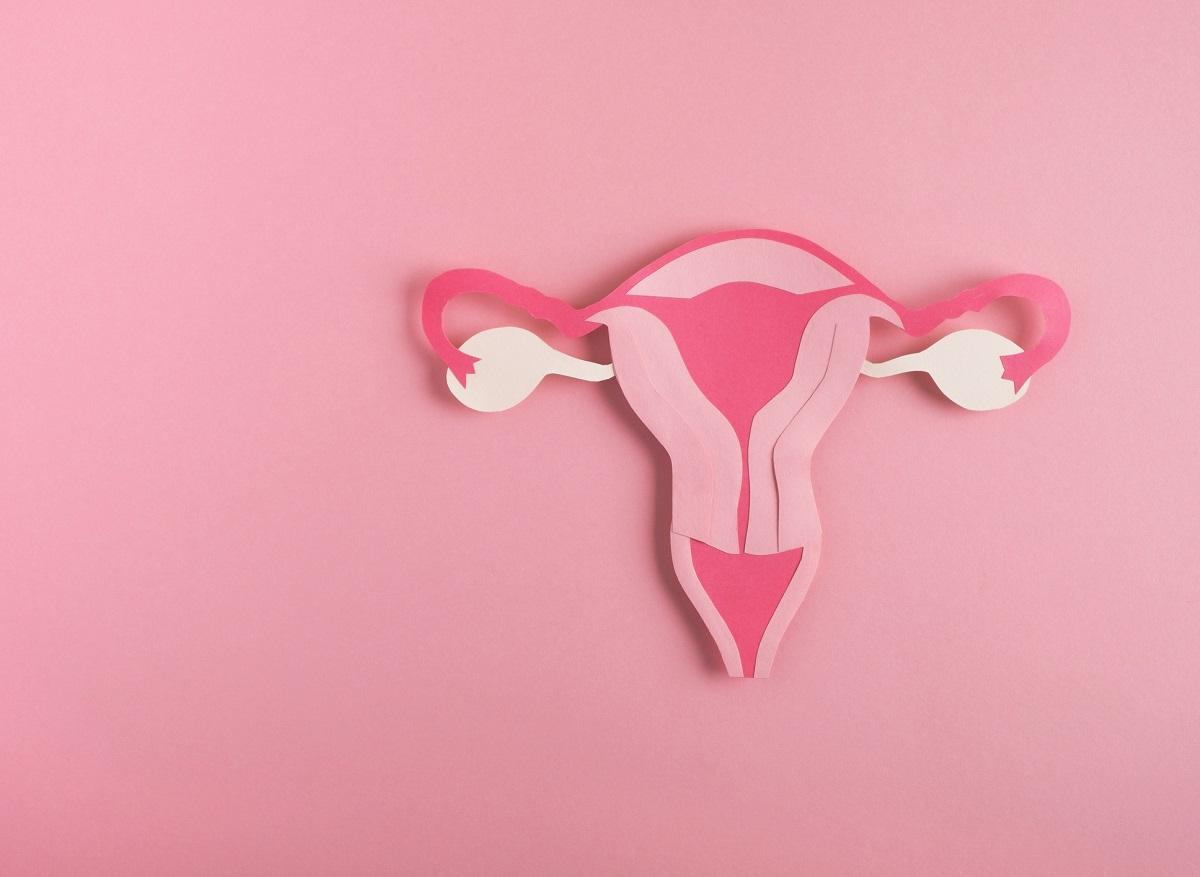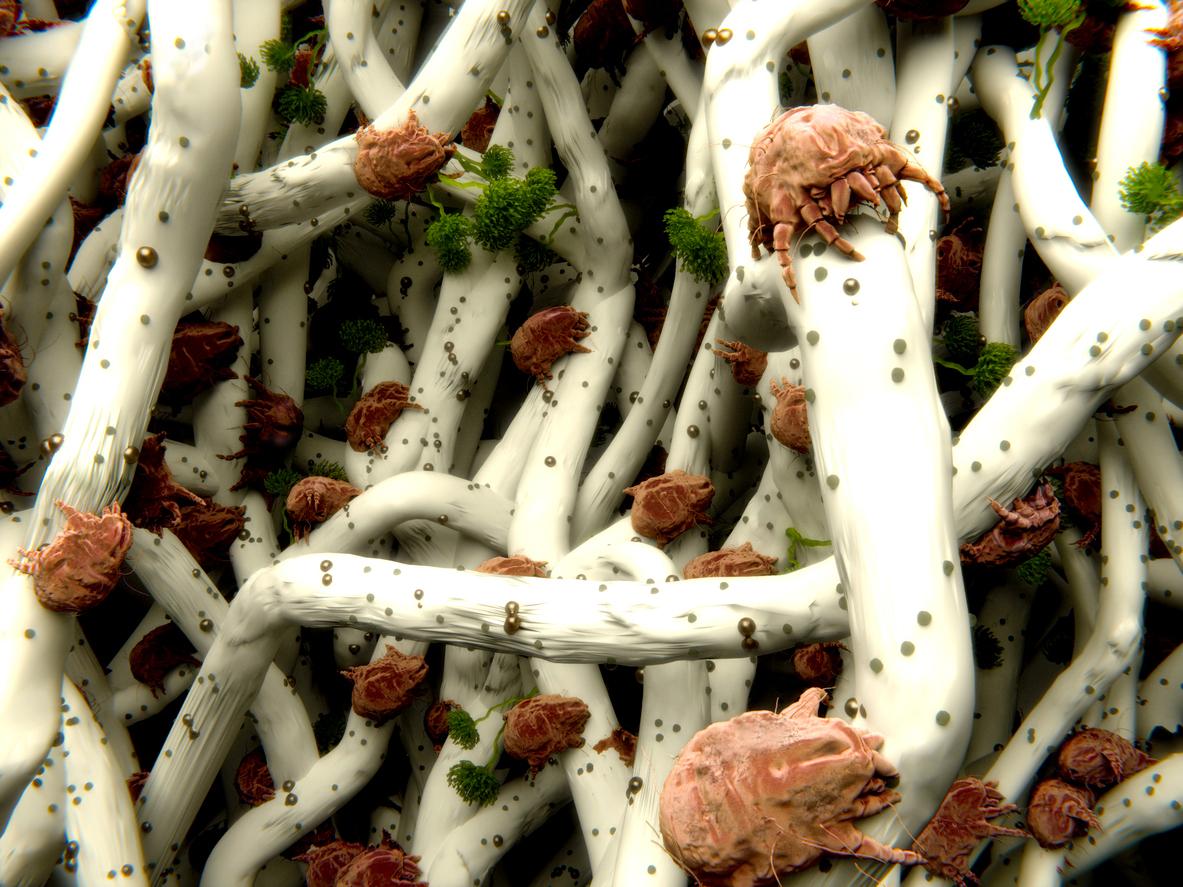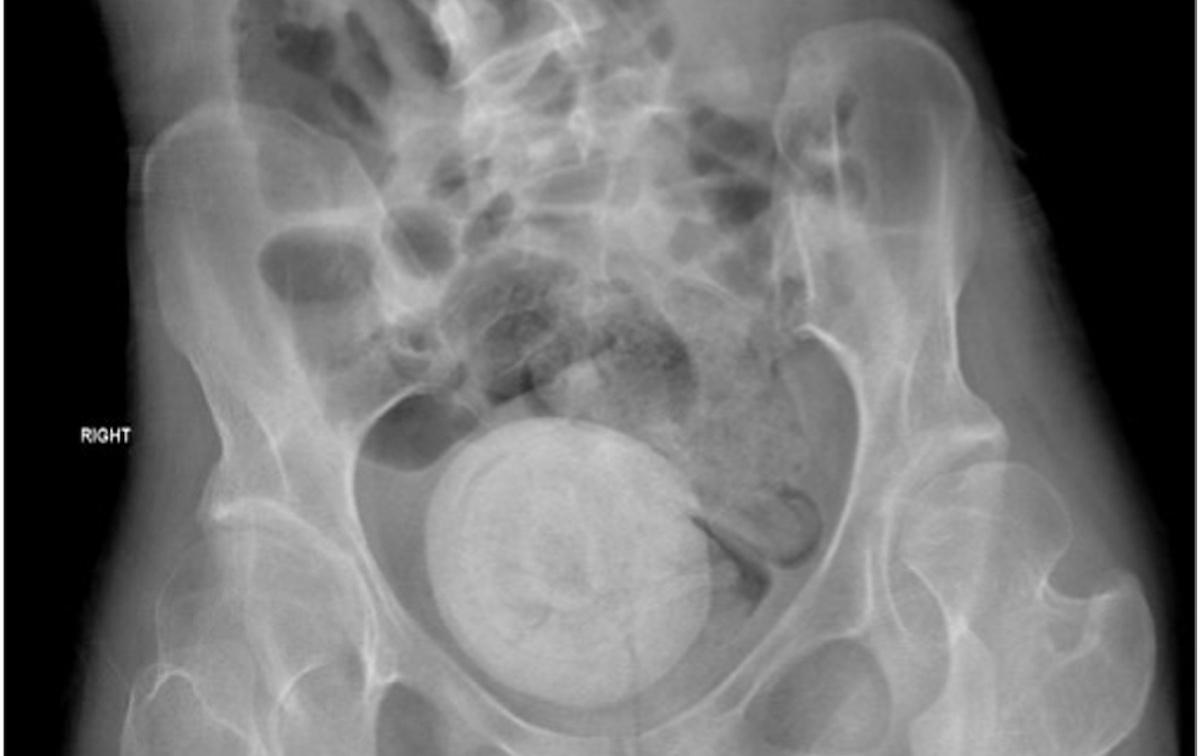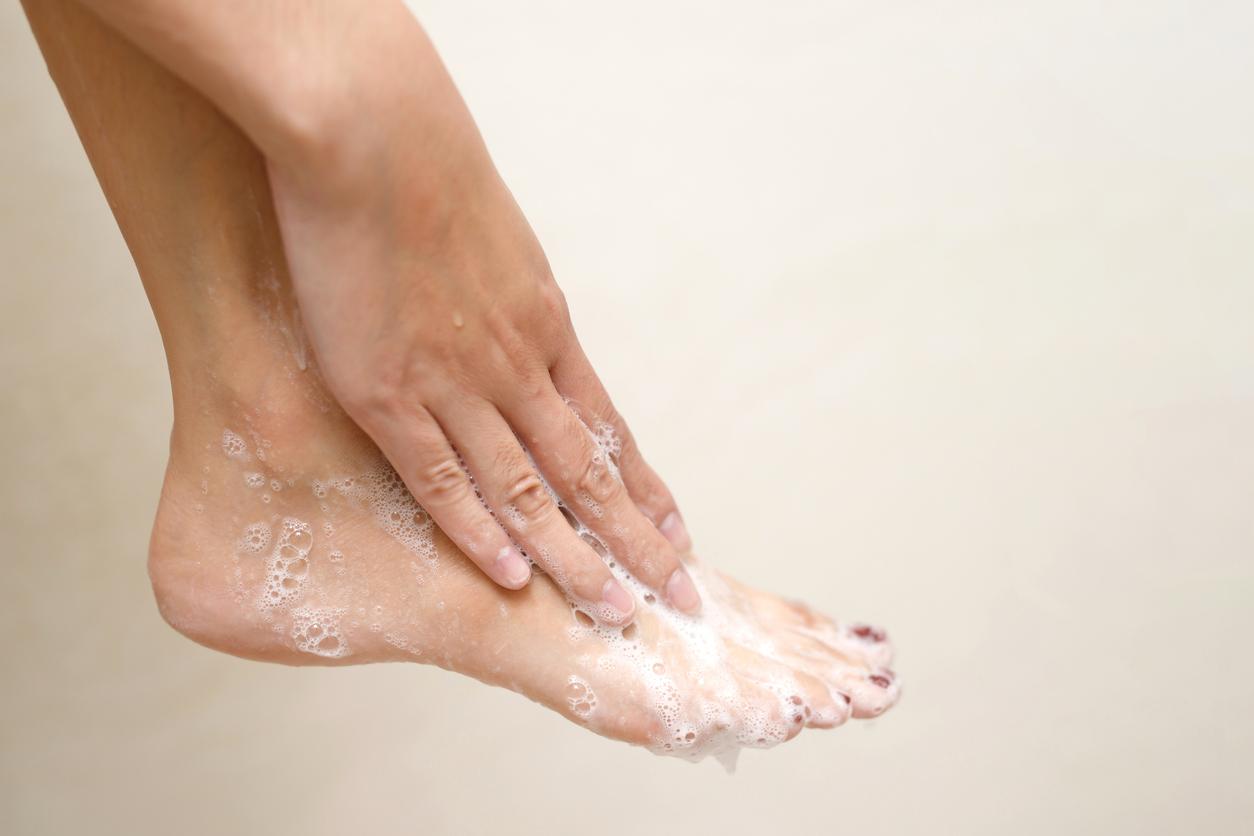Smells emanating from the vagina should not be taken lightly. What are the causes and how to get rid of them?

- Strong vaginal odors are not necessarily due to poor hygiene.
- They can appear at any age.
- Do not hesitate to consult in case of doubt.
For women who suffer from it, too strong or unusual intimate odors are often a calamity. The shame generated sometimes prevents them from consulting. However, these intimate odors caused by vaginal secretions are in no way a sign of a lack of personal hygiene, and they can affect all women, at any age.
What are these vaginal odors due to?
Strong intimate odors come from vaginal secretions. The latter have a natural smell, which corresponds to a balanced vaginal flora. Every vagina has a unique smell, but that of a healthy vagina is often described as “musky”.
Sometimes this smell changes, especially during the menstrual cycle: the secretions can take on an acidic or “metallic” smell for a few days. Sexual intercourse can also temporarily change the smell. Finally, the vaginas of a postmenopausal woman or a 30-year-old woman do not smell the same.
Sometimes strong odors can also be a sign of illness.
When to consult?
If these strong odors are accompanied by itching, irritation and abnormal discharge, it is certainly a sign of an imbalance in the vaginal flora, caused by the proliferation of certain bacteria. Do not hesitate to consult your doctor or your gynecologist.
It could indeed be a bacterial infection, or bacterial vaginosis. It is characterized by an imbalance of the microbial flora of the vagina, due to the bacteria Gardnerella vaginalis. It is identified by its so-called “rotten fish” smell. Be careful, even mild bacterial vaginosis can cause a fetal infection, which is very dangerous for pregnant women.
Another infection causing strong vaginal odor is called trichomoniasis. It is a parasitic (and therefore not viral) sexually transmitted infection (STI) that manifests as thick yellowish or greenish vaginal discharge and unpleasant odors. Very common, this infection is easy to treat. Hence the interest of a consultation to benefit from an appropriate treatment.
On the other hand, insufficient hygiene, stress, antibiotic treatment can also be the cause of bad smells, such as cancer of the cervix or vagina, or a rectovaginal fistula.
How to prevent unpleasant odors?
Perfumes are obviously not recommended to mask these odors, but these can be avoided, mainly by paying particular attention to your intimate hygiene.
Deodorants, or scented wipes, sanitary napkins, and toilet paper, are not recommended, nor are douching, as it disrupts the vaginal flora and can lead to infection. “All these gestures and chemical products risk weakening the mucous membranes and blocking natural secretions, explained to Marie Claire Jean-Marc Bohbot, infectious disease specialist. The vulva, insofar as it is a fold, must necessarily remain moist. There is a natural lubrication and hydration that avoids many inconveniences. Perfumes are allergenic and on fragile skin like that of the vulva, they can cause serious irritation.”
To respect its flora and avoid infections, it is better to practice an external toilet, no more than twice a day, with gentle cleansing products, and preferably intended for intimate hygiene.









